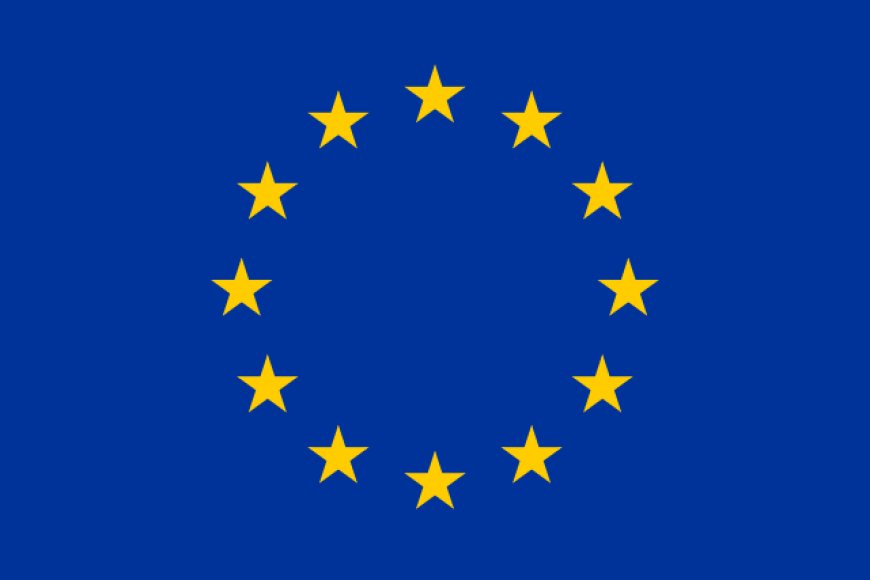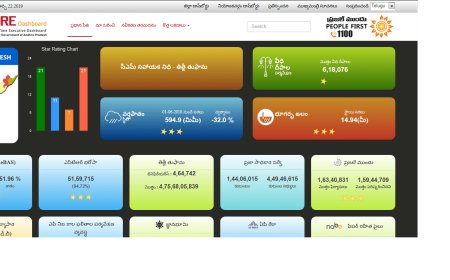Understanding the European Union: A Comprehensive Guide
Discover the structure, benefits, and impact of the European Union on its member nations and citizens.

Understanding the European Union: Structure, Benefits, and Global Impact
Introduction
The European Union (EU) is a political and economic union of 27 European countries that are located primarily in Europe. Established with the aim of fostering economic cooperation and avoiding conflicts through economic interdependence, the EU has evolved into a complex entity with significant influence on the global stage.
Structure of the European Union
The EU's structure is unique, combining intergovernmental and supranational institutions and policies. Key bodies include:
- The European Commission: Proposes legislation, enforces EU laws, and manages day-to-day business.
- The European Parliament: Elected by EU citizens to represent their interests and co-legislate with the Council.
- The Council of the European Union: Represents governments of member countries and works alongside the Parliament to adopt legislation.
- The European Council: Defines the EU's overall political direction and priorities, comprising heads of state or government of member countries.
- The Court of Justice of the European Union: Ensures laws are interpreted and applied the same way in all EU countries.
Benefits of the European Union
Economic Advantages
One of the primary benefits of the EU is the creation of a single market, which allows for the free movement of goods, services, capital, and people. This has facilitated trade and investment, contributing to economic growth and stability across the continent.
Political and Social Impact
The EU also plays a crucial role in maintaining peace and stability in Europe. Through its policies, such as the Common Foreign and Security Policy, the EU has contributed to conflict prevention and resolution. Socially, EU citizens enjoy rights and protections that promote equality and non-discrimination.
Global Influence
The European Union is a significant player on the global stage, influencing international trade, climate policies, and human rights. Its collective economic power and unified policy stance allow it to negotiate favorable trade agreements and address global challenges effectively.
Conclusion
The European Union represents a unique model of cooperation among nations, offering numerous benefits to its citizens and member states. Its impact extends beyond Europe, shaping global policies and economic landscapes. For more details and updates on EU initiatives, visit the official European Union website.
References
- European Union. (2023). European Union Official Website.
What's Your Reaction?
 Like
0
Like
0
 Dislike
0
Dislike
0
 Love
0
Love
0
 Funny
0
Funny
0
 Angry
0
Angry
0
 Sad
0
Sad
0
 Wow
0
Wow
0




































































